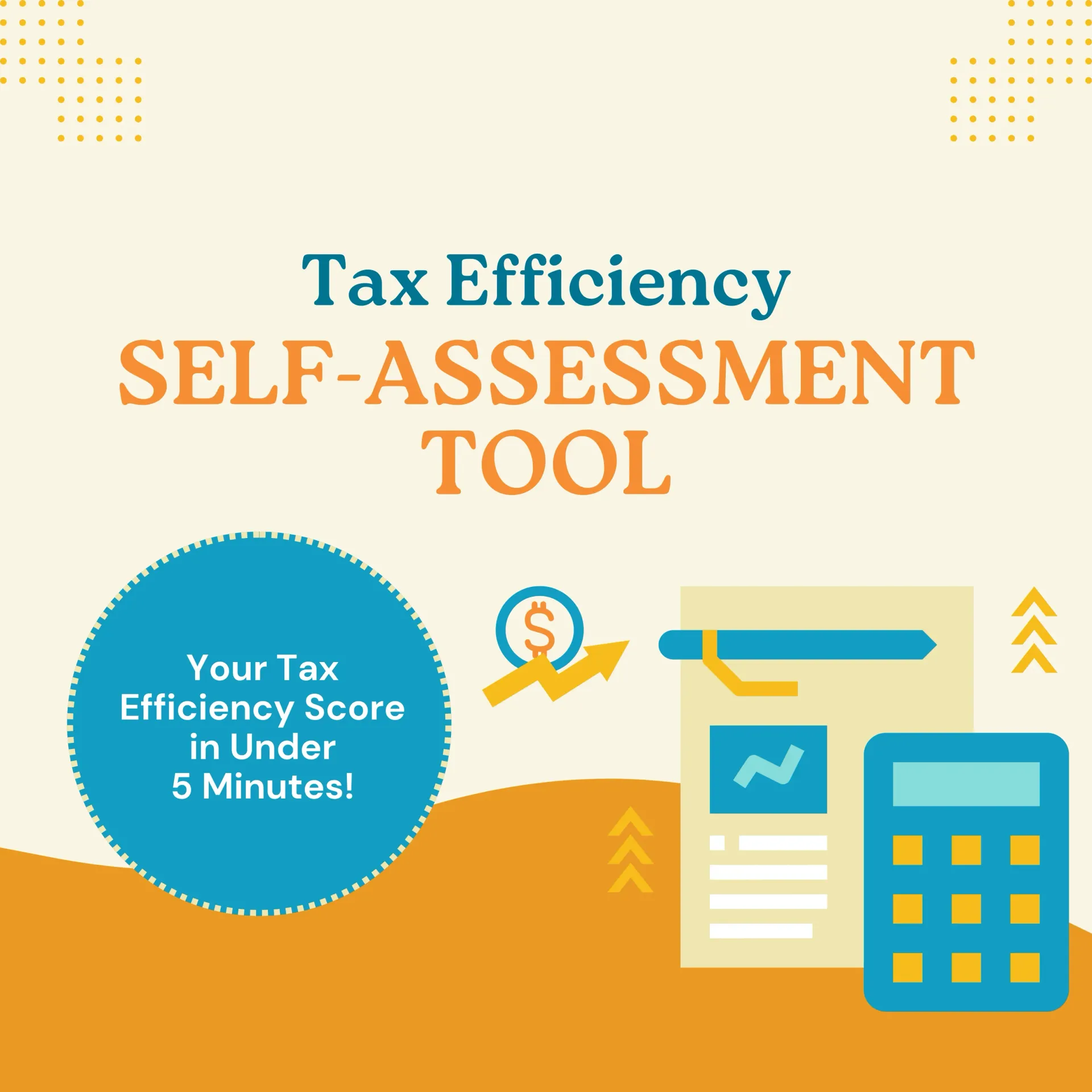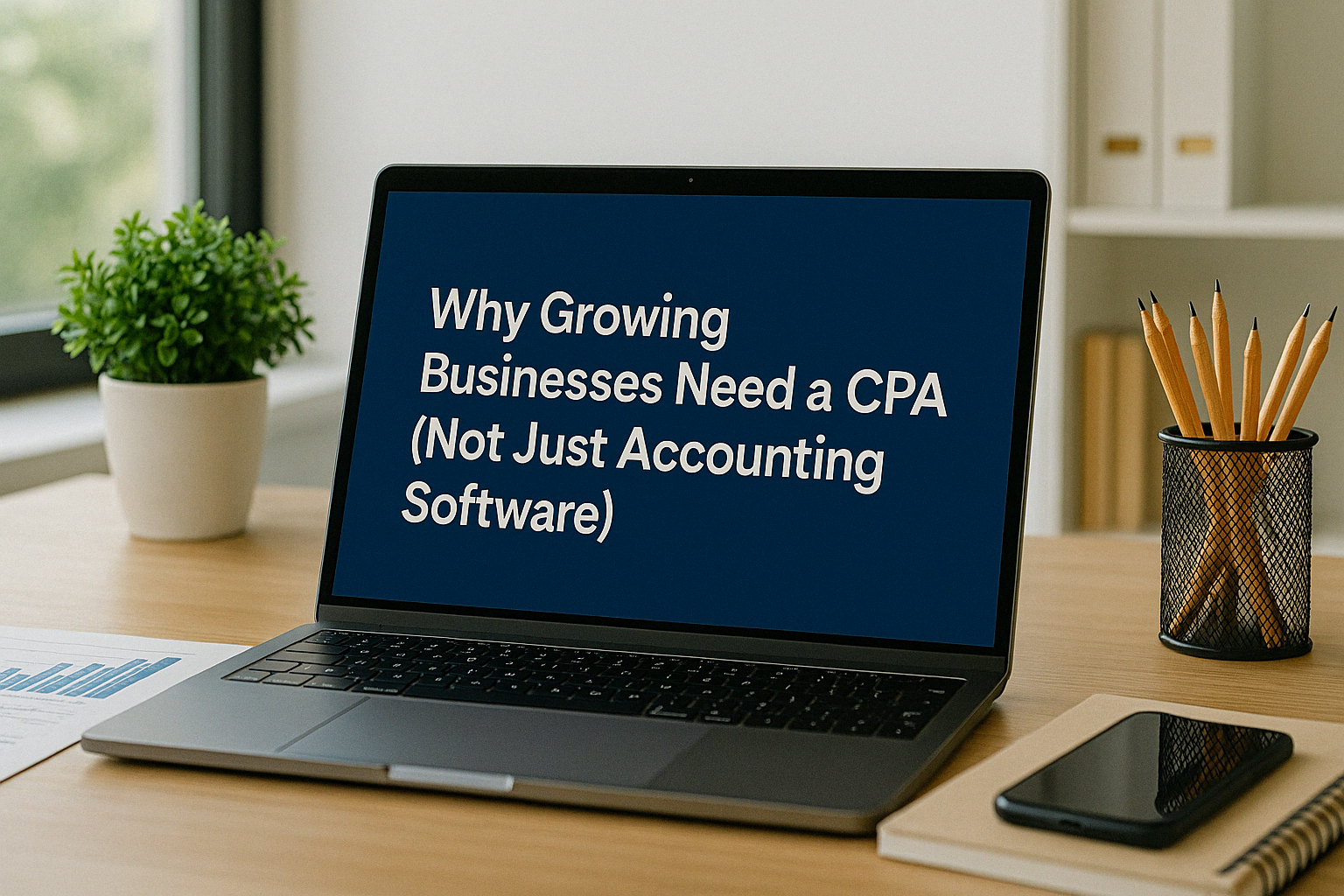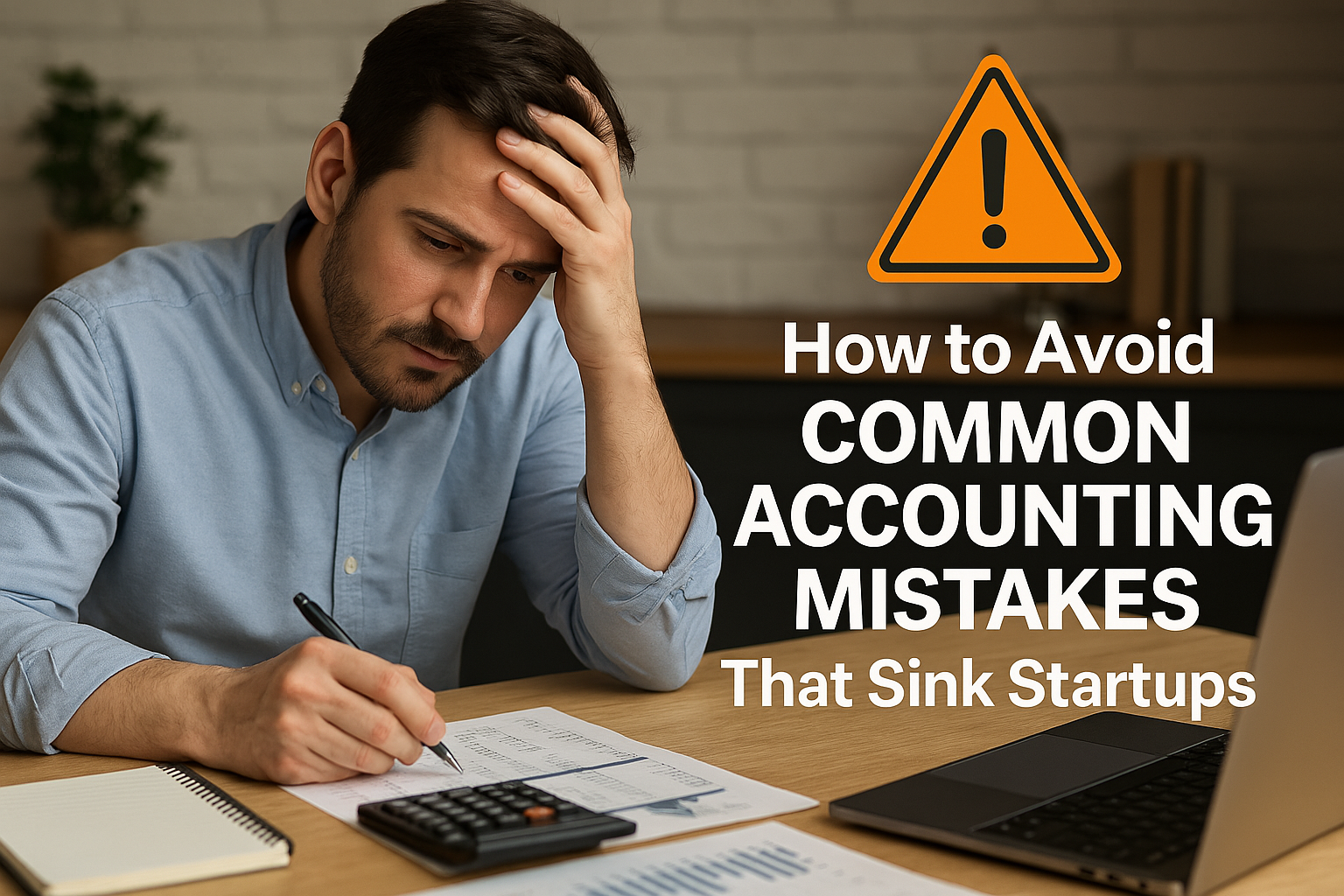Strategic Tax Planning for Businesses: Looking Beyond the Current Year

Introduction: The Significance of Strategic Tax Planning
Tax planning isn't just about crunching numbers once a year. It's a continuous process that can make or break your business's financial health. Think of it as a financial fitness regimen - you don't get in shape by working out once a year, right? The same goes for your business's tax strategy.
I've seen countless businesses transform their bottom line by embracing year-round tax planning. It's like having a financial GPS, guiding you through the complex terrain of tax laws and helping you avoid those nasty surprise potholes that can derail your cash flow.
Understanding Year-Round Tax Planning
Year-round tax planning is like having your finger on the pulse of your business's financial health. It's not about obsessing over every penny, but rather staying aware and ready to adapt.
Remember that time the tax laws changed, and everyone was scrambling to understand the implications? Those who had been keeping tabs throughout the year were already ahead of the game. They didn't just react; they were ready to act.
Benefits of Year-Round Tax Planning
Let's get real - who doesn't want to keep more of their hard-earned money? That's exactly what proactive tax planning does. It's like finding money you didn't know you had hiding in your couch cushions, except it's completely legal and potentially much more substantial.
I once worked with a small business owner who started reviewing her tax position quarterly. Within a year, she had freed up enough cash to hire two new employees and invest in much-needed equipment upgrades. That's the power of strategic tax planning in action.
Strategies for Minimizing Tax Liabilities
There's a whole toolbox of strategies you can use to trim your tax bill. It's not about cutting corners; it's about being smart with what the law allows.
For instance, have you considered the magic of accelerated depreciation? It's like a time machine for your tax deductions, bringing future benefits into the present. And don't get me started on income shifting - it's like being a financial juggler, moving income around to where it's taxed least.
Leveraging Tax-Advantaged Accounts and Investments
If you're not using tax-advantaged accounts, you're leaving money on the table. It's like having a coupon for free money and not using it.
I know a business owner who maxed out his 401(k) contributions and started a Health Savings Account. Not only did he slash his tax bill, but he also set himself up for a more secure future. Talk about killing two birds with one stone!
The Role of Timing in Tax Planning
Timing in tax planning is everything. It's like surfing - you've got to catch the wave at just the right moment.
Sometimes, it makes sense to delay income or accelerate expenses. Other times, the opposite is true. The key is to stay flexible and ready to adjust your strategy as circumstances change. It's a bit like playing chess with the tax code - you've got to think several moves ahead.
Navigating Regulatory Changes and Tax Laws
Tax laws change faster than fashion trends, and staying on top of them is crucial. It's like trying to hit a moving target while blindfolded - challenging, but not impossible with the right guidance.
Working with tax professionals isn't an expense; it's an investment. They're like your personal tax law translators, helping you make sense of the jargon and find opportunities you might have missed.
Integration with Overall Financial Planning
Your tax strategy shouldn't exist in a vacuum. It should be part of your overall financial game plan. Think of it as one instrument in your business's financial orchestra - it needs to harmonize with everything else.
When you're planning that big expansion or product launch, make sure your tax strategy is in sync. It could mean the difference between a smooth takeoff and a bumpy ride.
Monitoring and Reviewing Tax Plans Regularly
Your tax plan isn't a "set it and forget it" kind of deal. It needs regular check-ups, like your car or your health.
I recommend sitting down at least quarterly to review your tax strategy. It's like checking your map on a long road trip - you want to make sure you're still on the right path and haven't missed any important turns.
Conclusion: Embracing a Proactive Approach to Tax Planning
Strategic tax planning isn't just for big corporations or the ultra-wealthy. It's a powerful tool that any business, regardless of size, can and should use. By staying proactive and making tax planning a year-round priority, you're not just saving money - you're setting your business up for long-term success.
Remember, in the world of business taxes, the early bird doesn't just get the worm - it gets to keep more of its hard-earned seeds too. So why wait? Start planning your tax strategy today, and watch your business soar.
Discover Your Tax Savings Score in Minutes!


Salim is a straight-talking CPA with 30+ years of entrepreneurial and accounting experience. His professional background includes experience as a former Chief Financial Officer and, for the last twenty-five years, as a serial 7-Figure entrepreneur.




